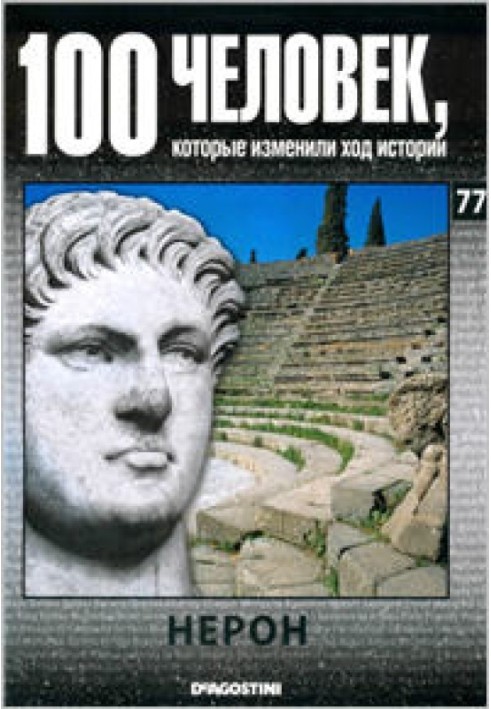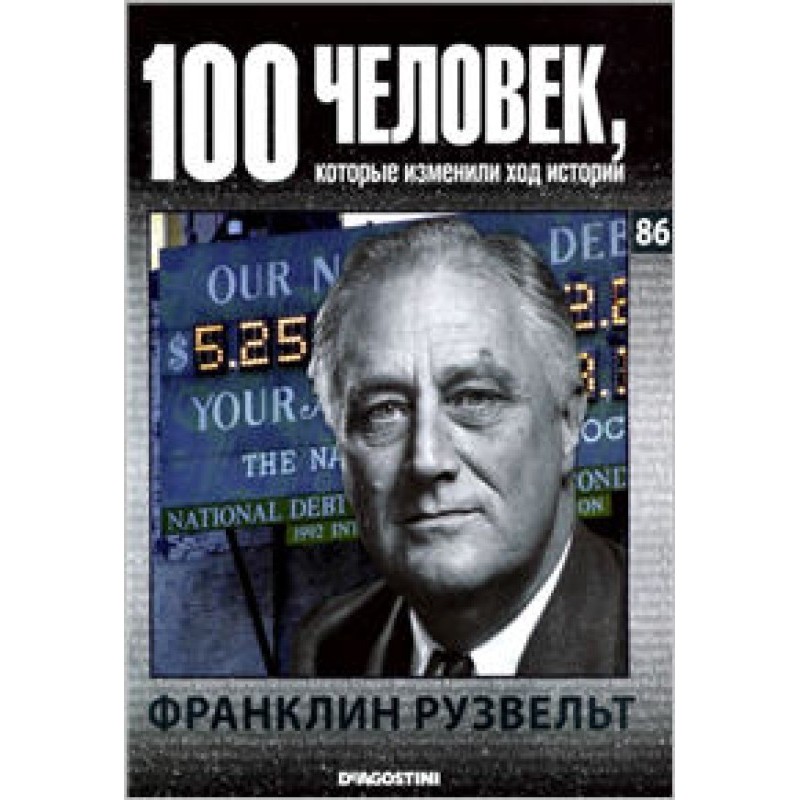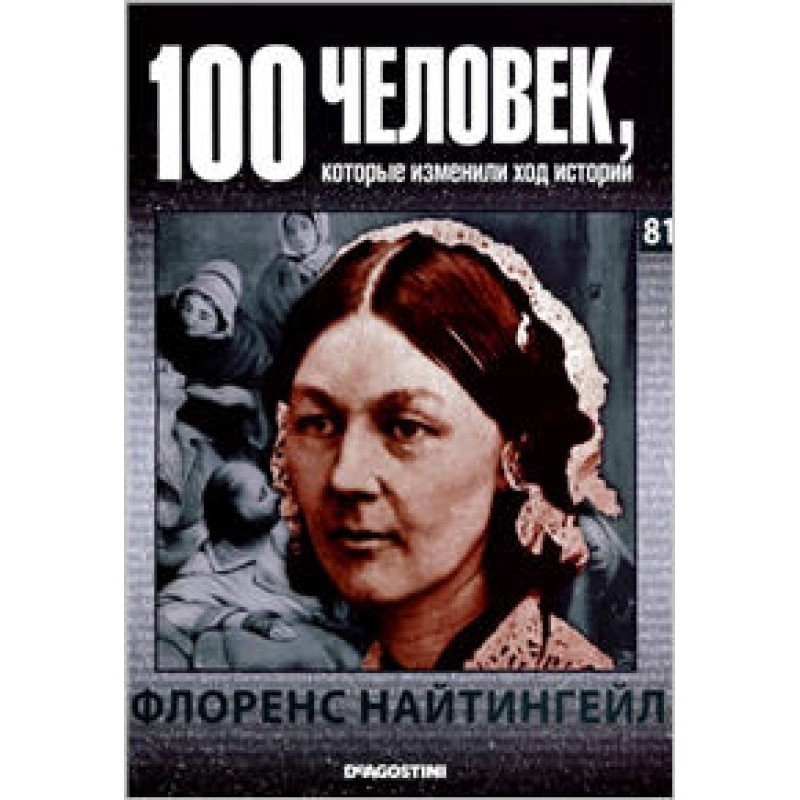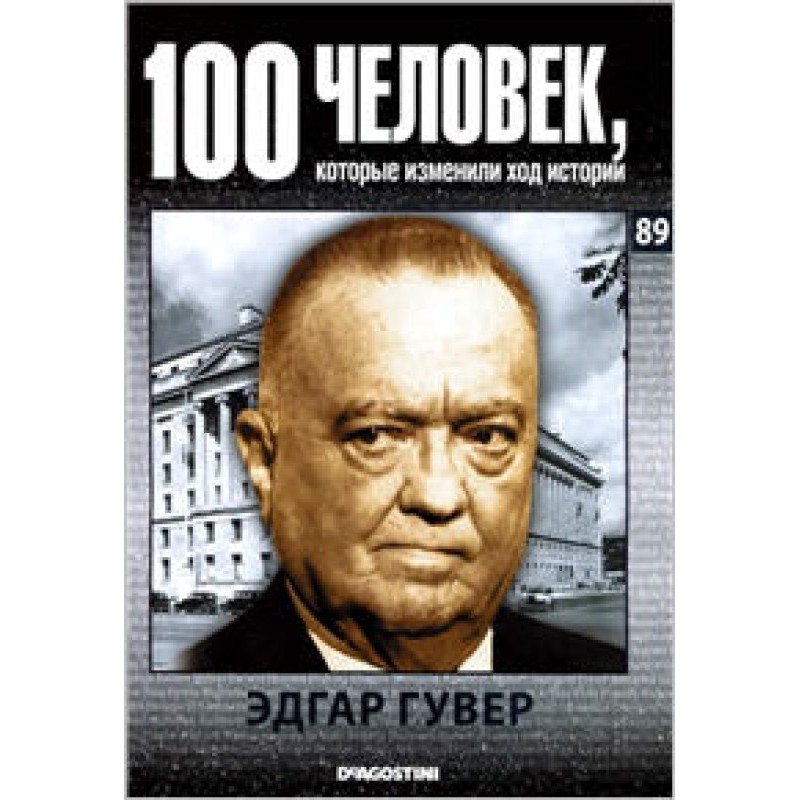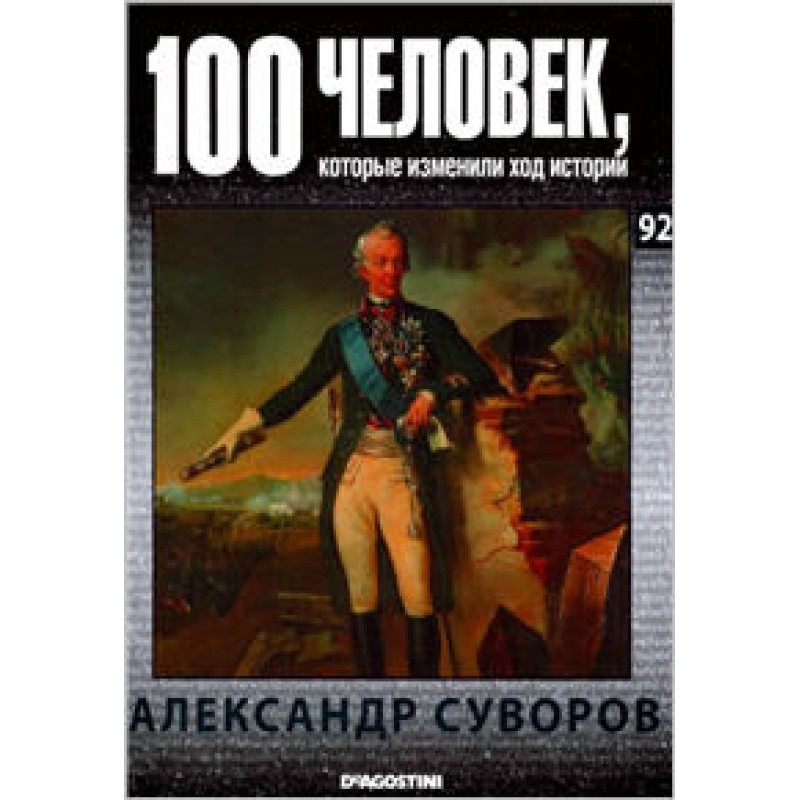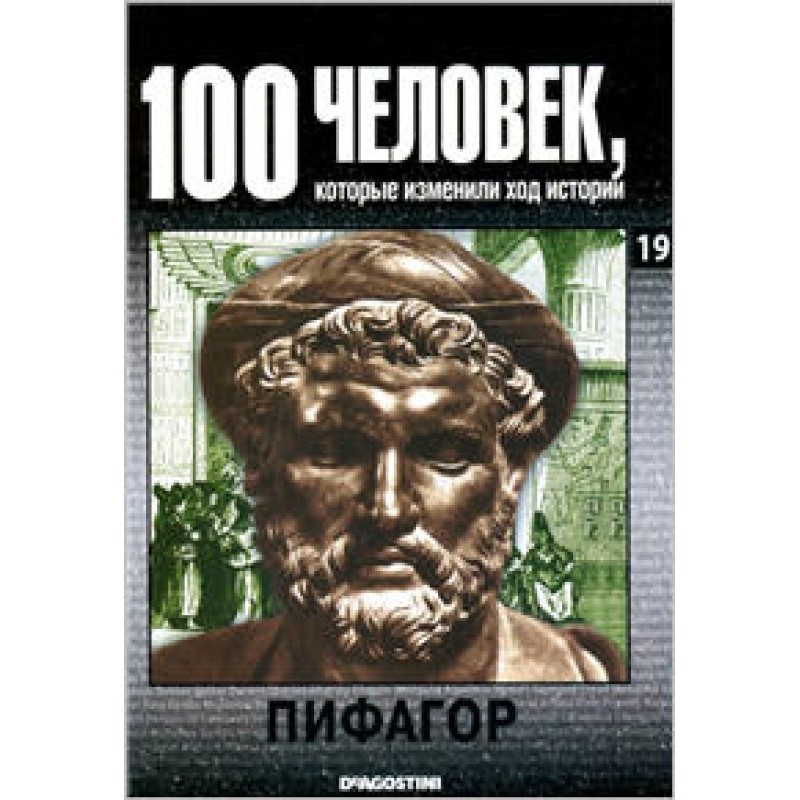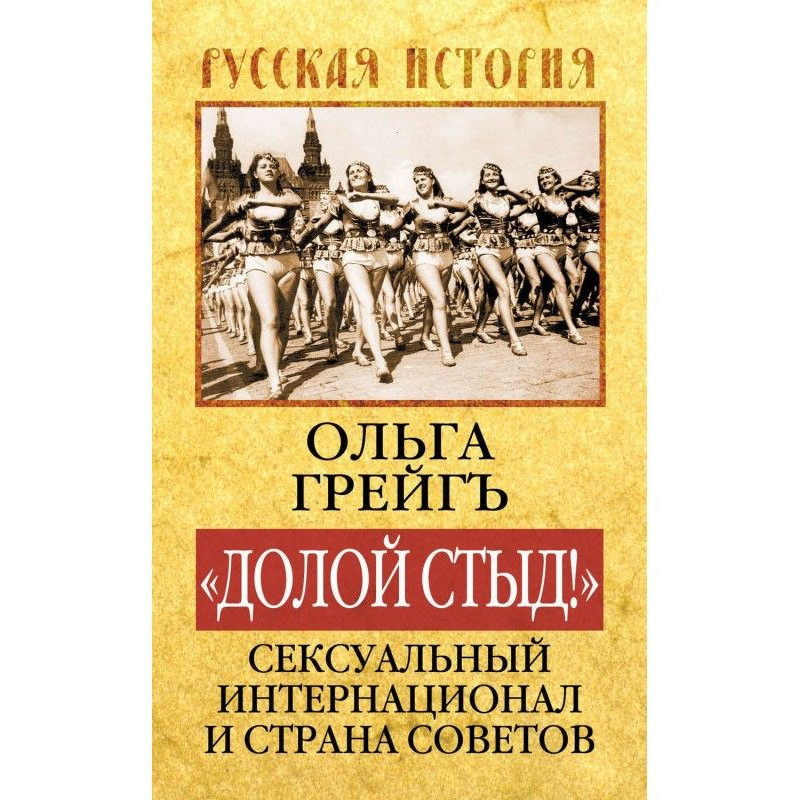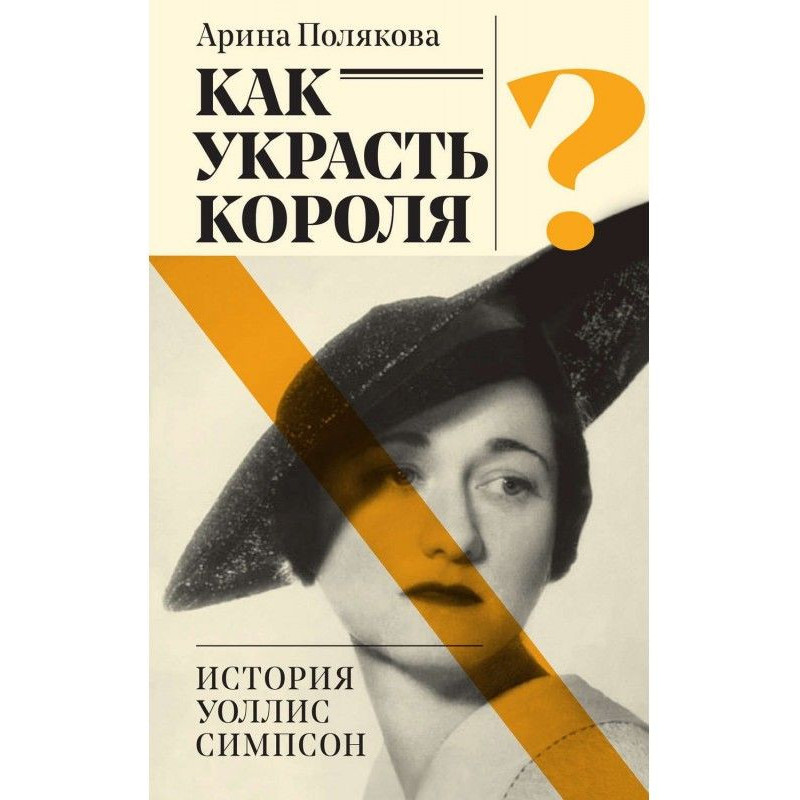Nero
 Instant download
Instant download
after payment (24/7)
 Wide range of formats
Wide range of formats
(for all gadgets)
 Full book
Full book
(including for Apple and Android)
Nero (37-68) ascended the throne at the age of 16. Roman citizens had high hopes for the youngest of all the rulers of Rome. At first he did not disappoint their expectations. In the first years of Nero's reign, a fairly effective internal policy was pursued, which is the merit of his advisers - the philosopher Seneca and the prefect Burra. Young Nero took into account the experience of his predecessors, tried to get along with the senators and at the same time earn popularity among the people. His unbridled lifestyle was not too well known to ordinary citizens. But the further he went, the more he lost his sense of reality and, with insane spending, he quickly emptied the treasury, replenished by the works of Claudius. There is a well-known aphorism: “All power destroys personality. Absolute power destroys it absolutely.” The story of Nero well confirms this truth. Emperor, who loved to perform in public, singing and reciting poetry, did not skimp on “treating” the Romans with colorful spectacles. This actor tried to turn real life into a theatrical stage and did not notice how completely overplayed he was. On July 19, 64, a terrible fire occurred in Rome, as a result of which the capital burned almost to the ground. The Great Fire of Rome was a turning point in Nero's life. If the Roman historian Suetonius accuses the emperor of organizing the fire himself, then another ancient author - Tacitus - says that Nero assembled rescue teams at his own expense. It is now impossible to establish what actually happened. But the “title” of the organizer of the Great Fire of Rome was firmly assigned to Nero. Be that as it may, the emperor, in order to divert suspicion from himself, accused organizing a fire by Christian adherents. Nero skillfully took advantage of public opinion hostile towards Christians, arresting and executing many members of the Christian community. This marked the first time Christians were persecuted in the Roman Empire. However, the executions undertaken by Nero did not strengthen, but only undermined the foundations of his power, so that the rebellion of several provincial governors led to his death. Nero committed suicide by stabbing himself with a sword with the help of a servant. Nero's death was a turning point in the history of the Roman Empire. After the civil war, provoked by the suppression of the Flavian dynasty, subsequent rulers of Rome brought stability to the Roman Empire, although none of the dynasties managed to strengthen. Thus, the crisis caused by the unwise rule of Nero made the institution of imperial power in Rome was more stable. Nero - a tyrant, a persecutor of Christians - for a long time served as the personification of all kinds of vices that a person is capable of. The perception of the Roman emperor as a monster was greatly influenced by the transformation of Christianity into the dominant religion. However, subsequently there were attempts, if not to justify, then at least to understand the actions of the unpredictable emperor. Since the Renaissance, the personality of Nero has aroused keen interest among cultural figures. Hundreds - if not thousands - of works of different genres were devoted to its comprehension.
Data sheet
- Name of the Author
- Анастасия Жаркова Евгеньевна
- Language
- Russian
Reviews
Вражаюча історія про складну особистість Нерона
Книга про Нерона - це не просто біографія імператора, а глибоке дослідження людської природи та влади. Автор майстерно зображує шлях молодого Нерона від надійного правителя до тирана, який втратив контакт з реальністю. Читання цієї книги стало для мене справжнім відкриттям, адже вона не лише розповідає про історичні факти, але й заглиблюється в психологію персонажа, показуючи, як абсолютна влада може спотворити особистість. Особливо вразила частина про велику пожежу в Римі та її наслідки, які стали поворотним моментом в історії імперії. Я вважаю, що ця книга буде цікавою не лише історикам, а й всім, хто цікавиться філософією влади, етикою та моральними дилемами. Рекомендую всім, хто хоче зрозуміти, як історія формує особистості і як особистості впливають на історію!

